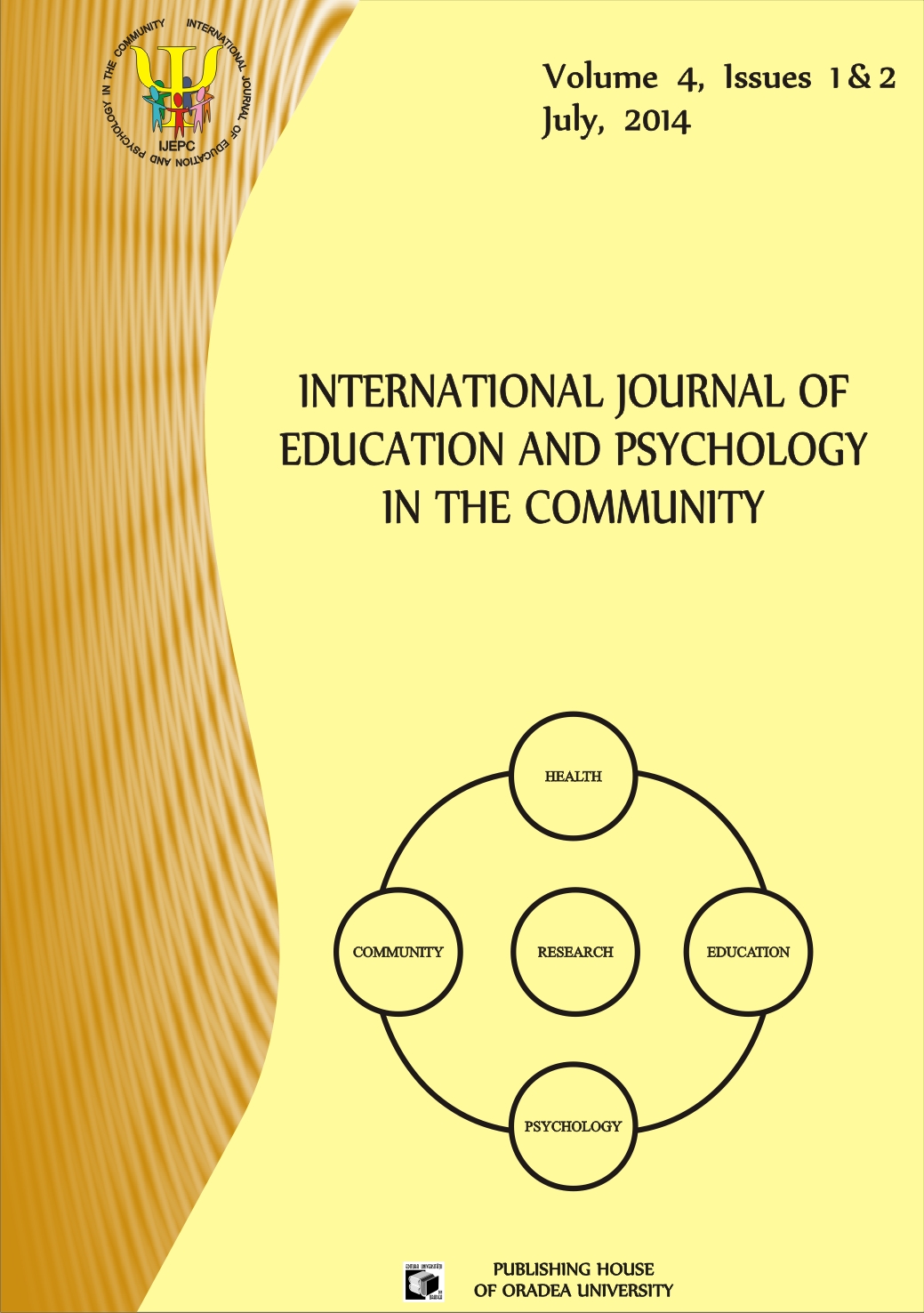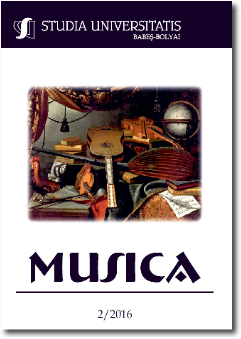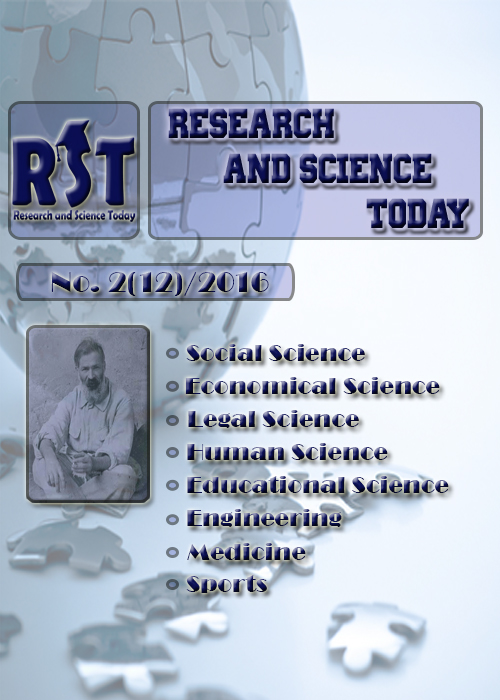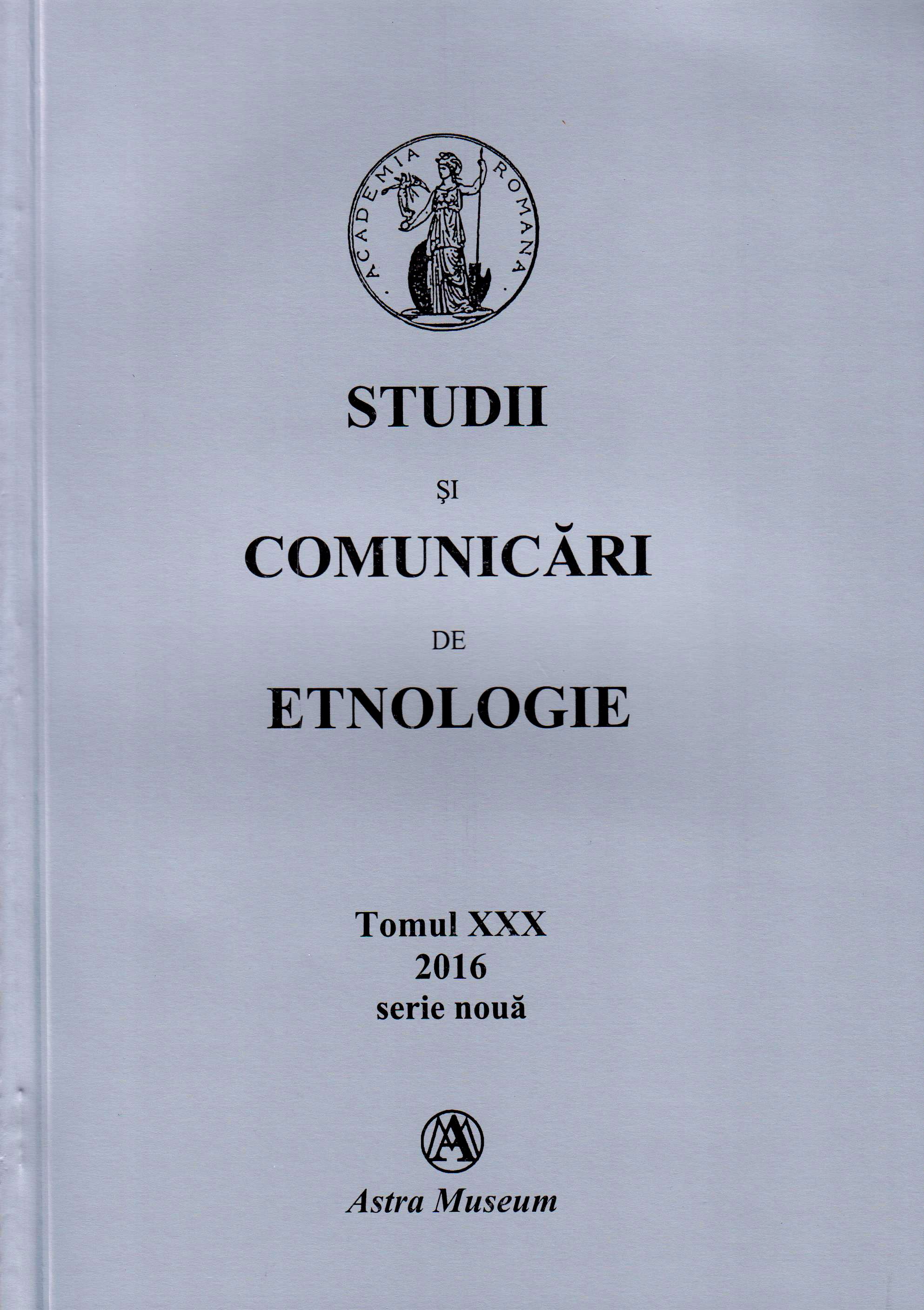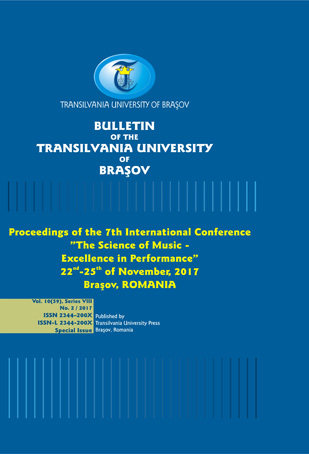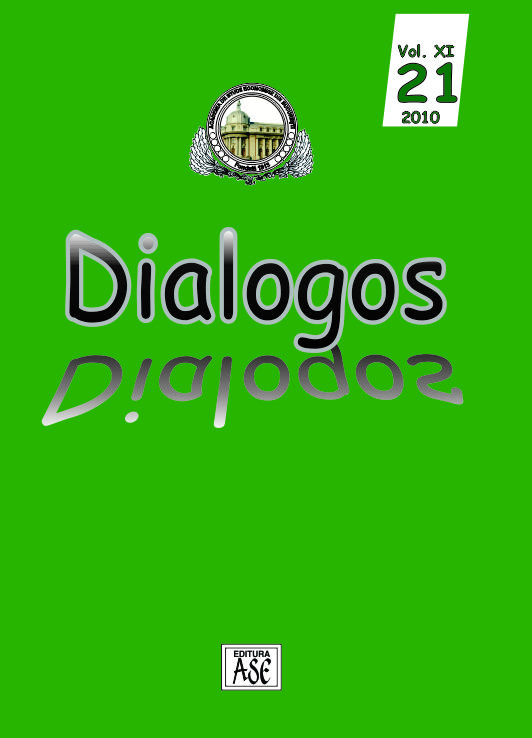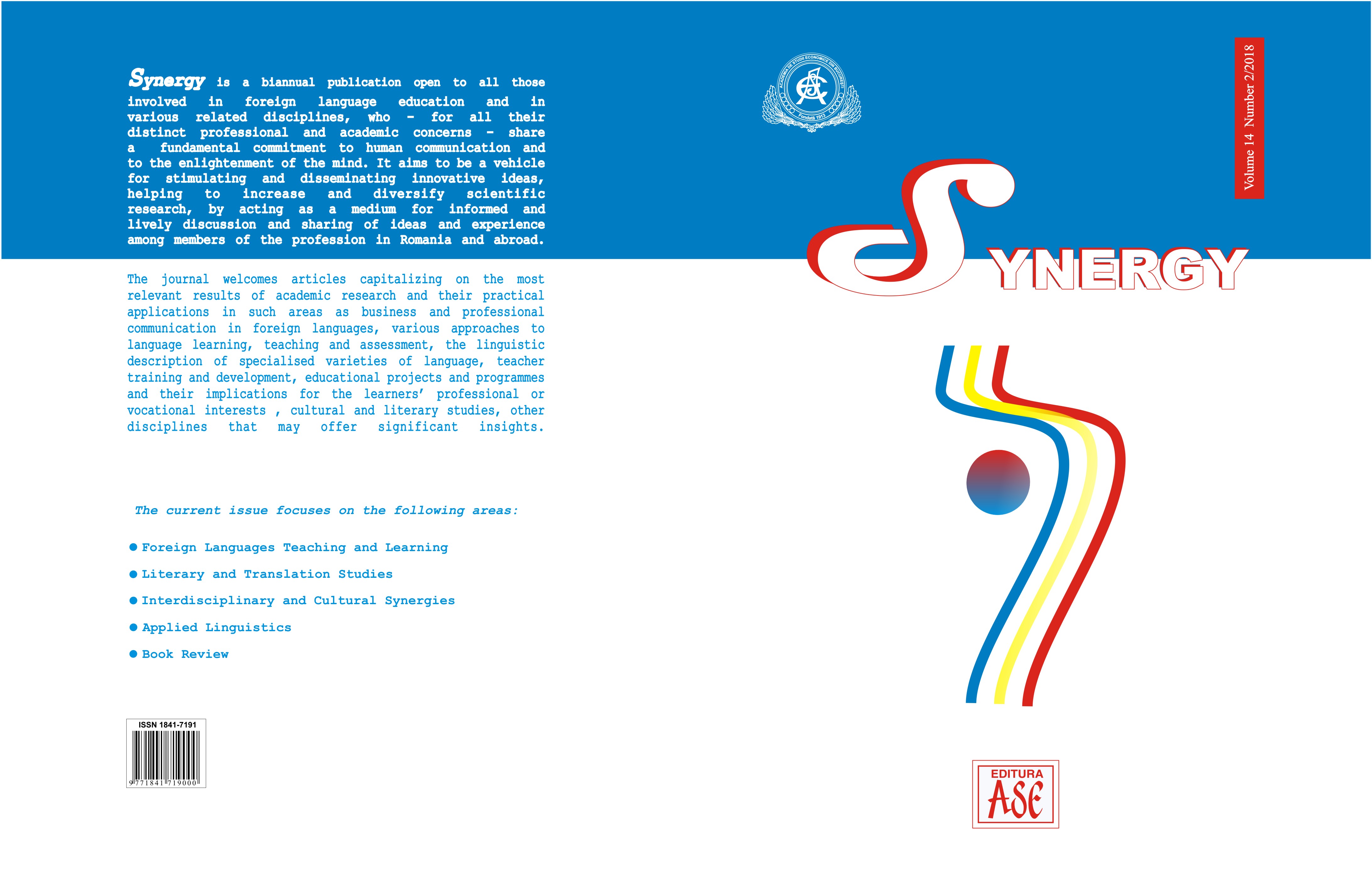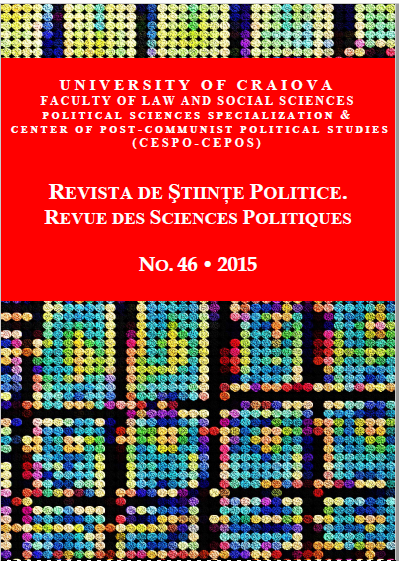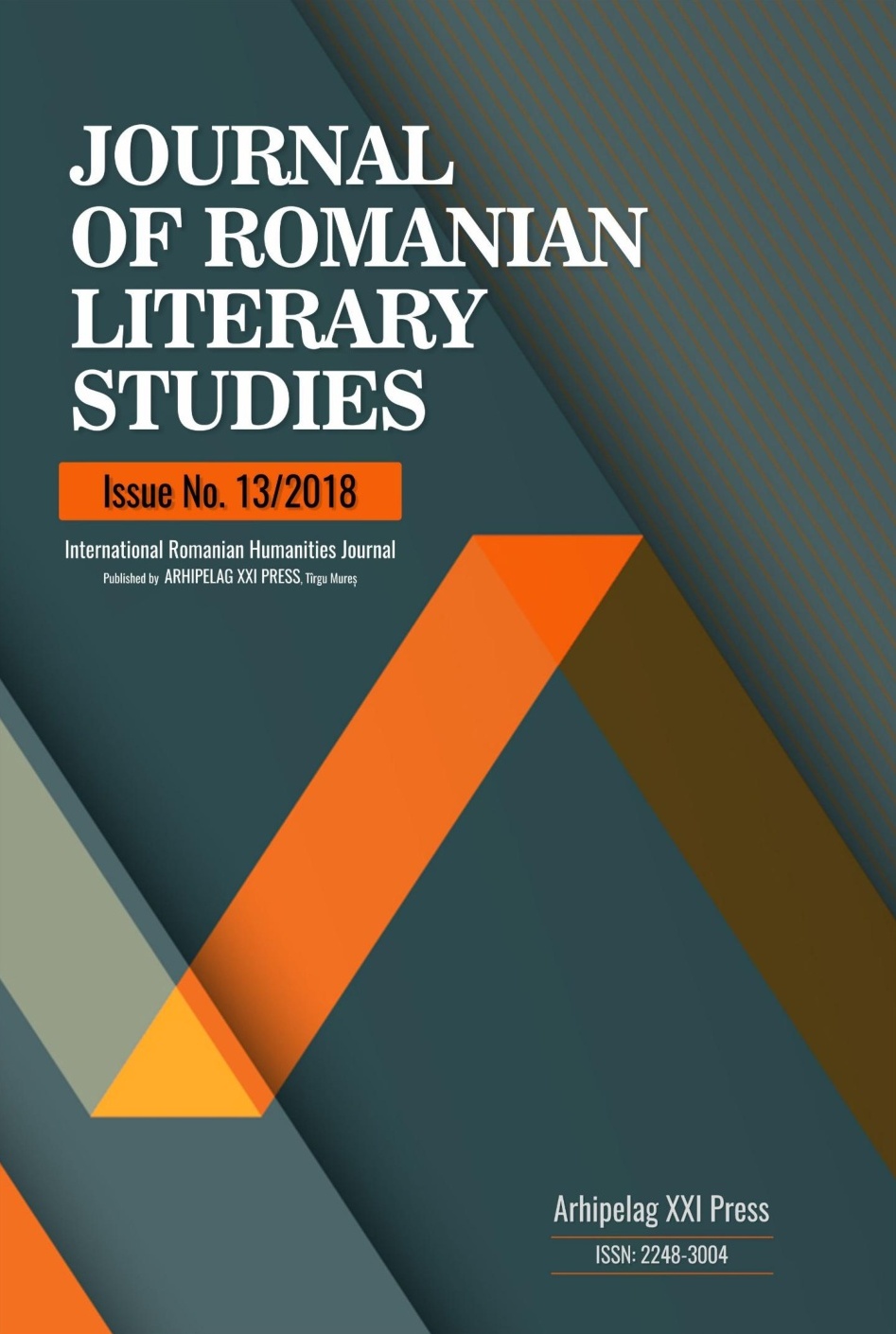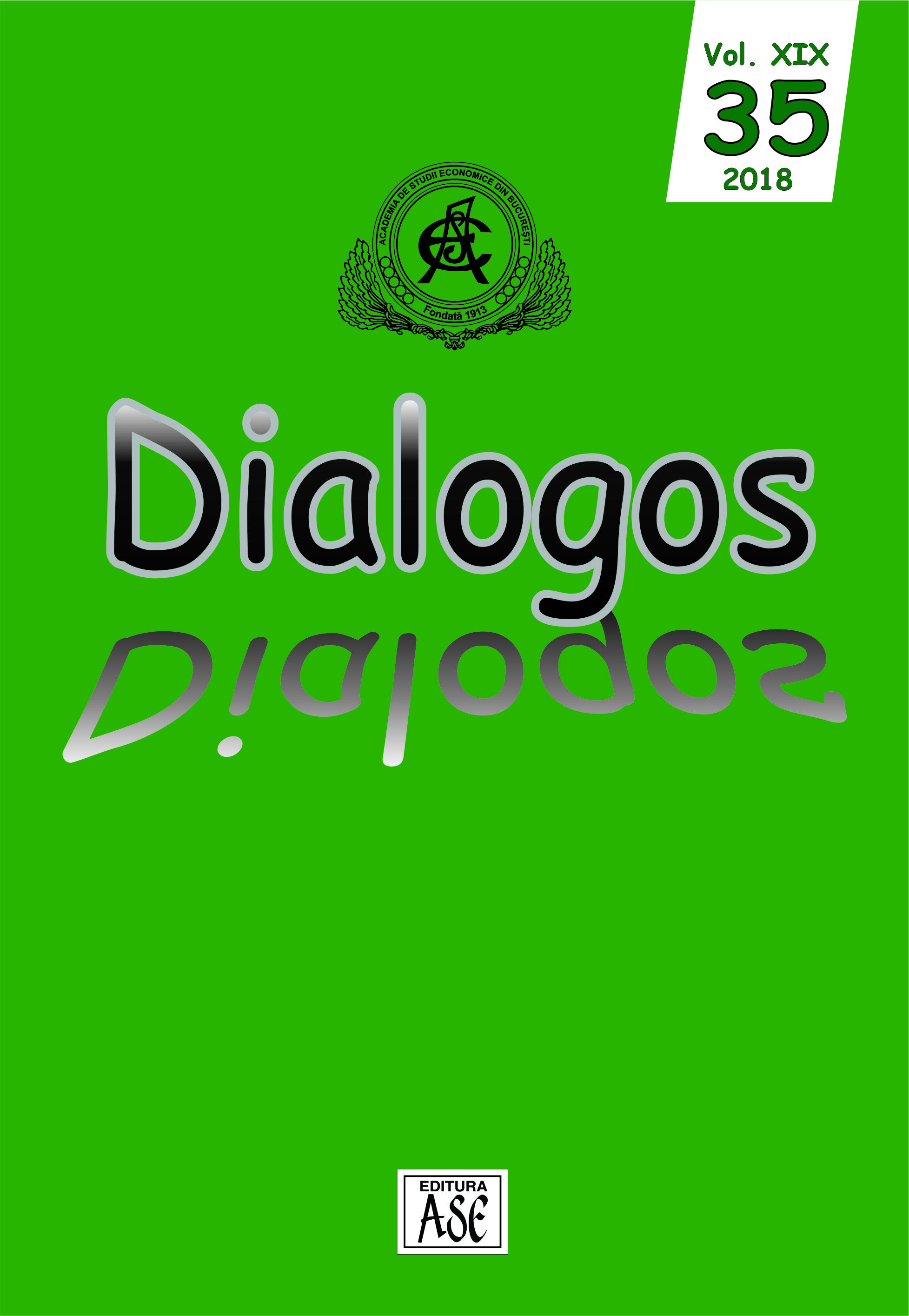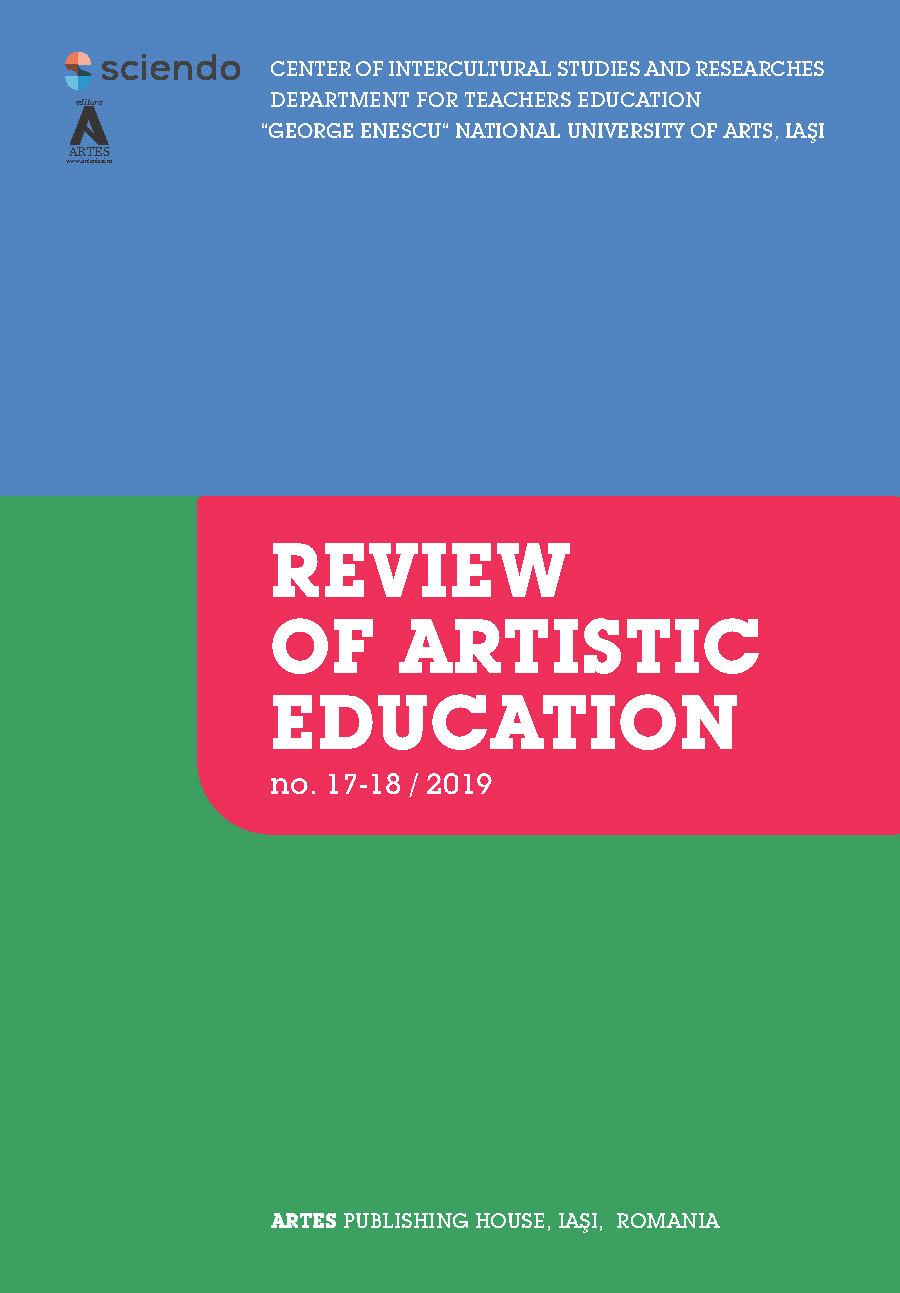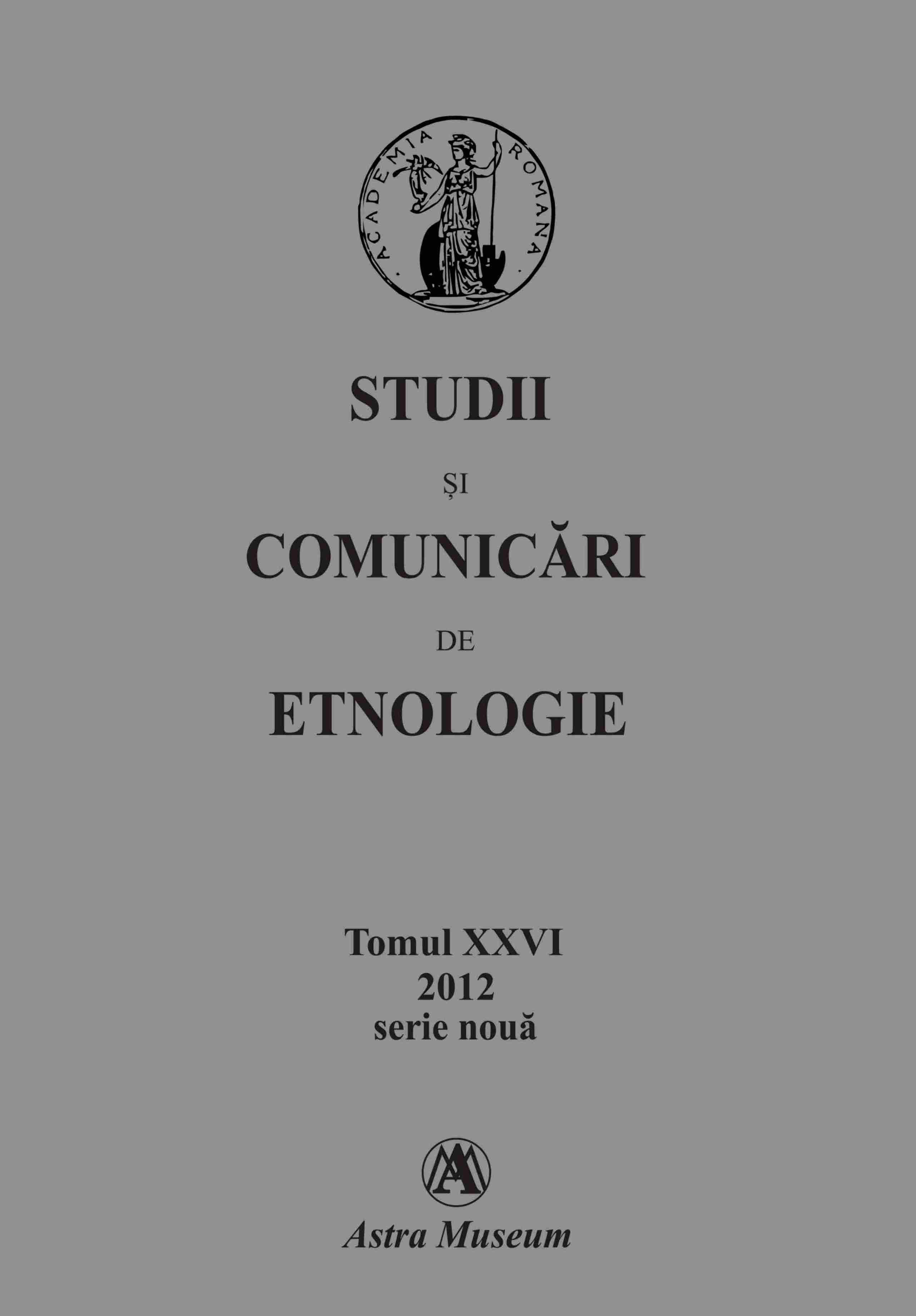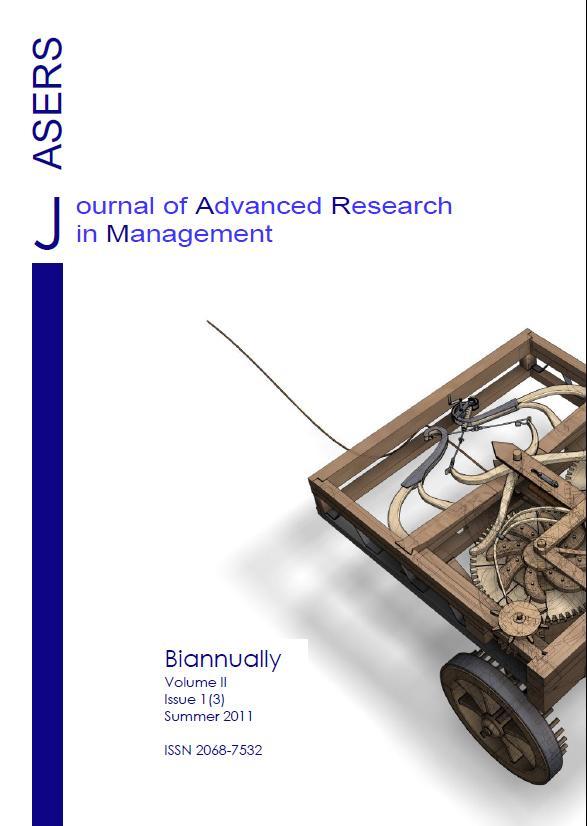
INSTRUMENTS AND TECHNIQUES USED IN THE DESIGN AND IMPLEMENTATION OF CHANGE MANAGEMENT
INSTRUMENTS AND TECHNIQUES USED IN THE DESIGN AND IMPLEMENTATION OF CHANGE MANAGEMENT
Keywords: Change; management; instruments; techniques; organization; development; organizational culture; strategy
Organizations are facing more frequent and larger changes in our current economic climate. A changing marketplace, empowered workforce and technological advancements have all created an environment where change is becoming the only constant or ‘business as usual’. In this environment, all the organizations are beginning to recognize the importance of building the competency to rapidly and successfully change. The purpose of this article is to summarize several adjustment instruments and techniques about the nature of change. As change is a coordinate of the present moment, we shall show how successful change can be encouraged and facilitated for a long-term success, through instruments and techniques. The variety and continuity of changes in modern organizations gave rise to multiple approaches to organizational change management. In what follows, we propose the presentation of the instruments of change management and of the techniques that may be useful in managing change within the organizations.
More...
